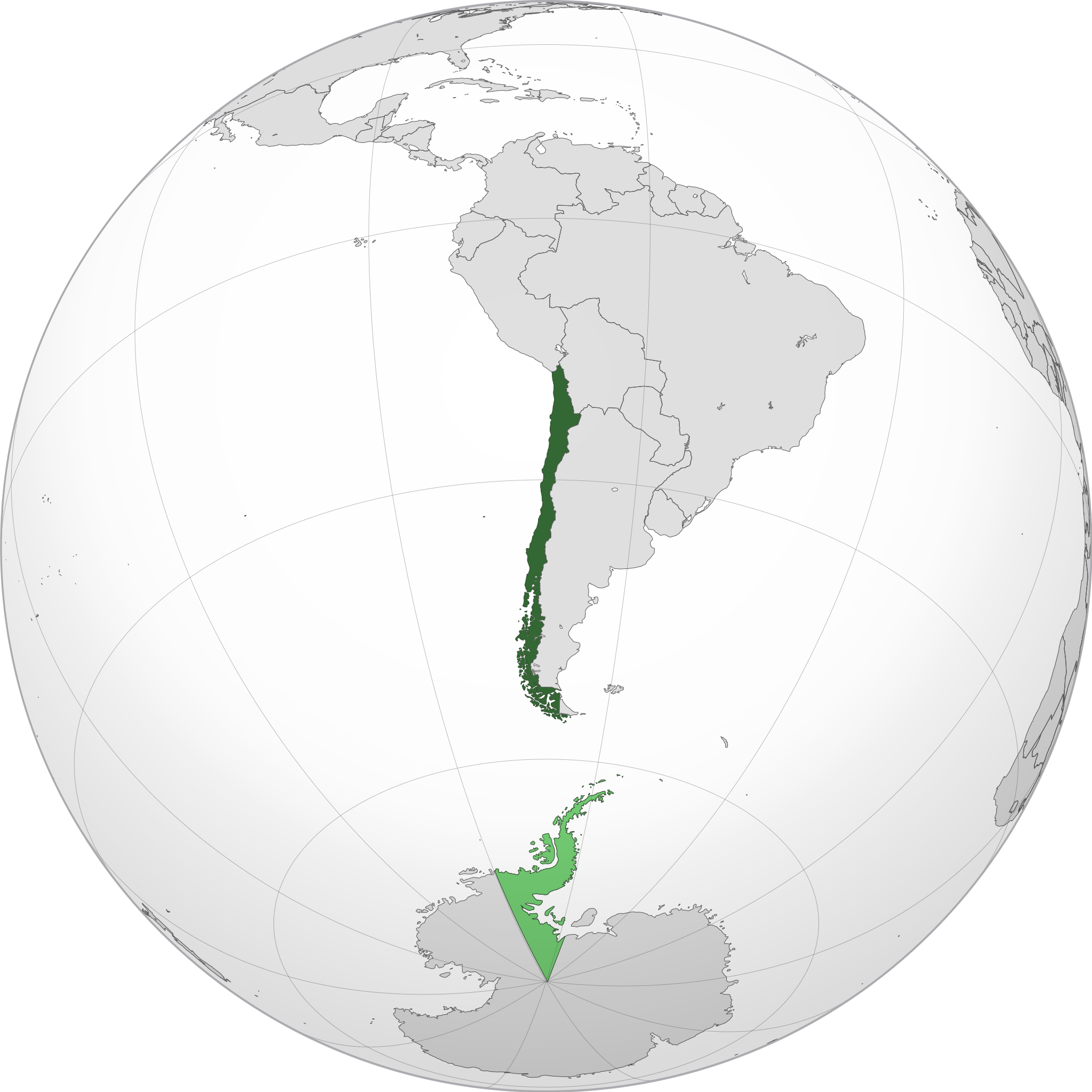(Created.) Tag: Visual edit |
No edit summary Tag: Visual edit |
||
| Line 16: | Line 16: | ||
In an attempt to avoid angering the bourgeoisie, Allende promised not to restrict the the church, [[freedom of speech]], or opposition parties. Allende created a [[mixed economy]] with private and state ownership. By the end of 1971, the public sector produced half of the gross national product. Industrial production grew by 13% and unemployment dropped from 8.3% to 3.8%.<ref name=":0" /> | In an attempt to avoid angering the bourgeoisie, Allende promised not to restrict the the church, [[freedom of speech]], or opposition parties. Allende created a [[mixed economy]] with private and state ownership. By the end of 1971, the public sector produced half of the gross national product. Industrial production grew by 13% and unemployment dropped from 8.3% to 3.8%.<ref name=":0" /> | ||
=== Pinochet | === Pinochet dictatorship === | ||
On 11 September 1973, US-trained General [[Augusto Pinochet]] took power in a military coup. Rebel planes and tanks shot at the presidential palace and Allende died.<ref name=":0" /> | On 11 September 1973, US-trained General [[Augusto Pinochet]] took power in a military coup. Rebel planes and tanks shot at the presidential palace and Allende died. In December 1983, the [[Manuel Rodríguez Patriotic Front]] began a campaign of sabotage and armed resistance against the Pinochet government.<ref name=":0" /> | ||
== References == | == References == | ||
[[Category:Countries]] | [[Category:Countries]] | ||
[[Category:Global south]] | [[Category:Global south]] | ||
Revision as of 13:38, 10 September 2022
| Republic of Chile República de Chile | |
|---|---|
 | |
| Capital and largest city | Santiago |
| Official languages | Spanish |
| Dominant mode of production | Capitalism |
| Government | Presidential bourgeois republic |
• President | Gabriel Boric |
| Area | |
• Total | 756,096.3 km² |
| Population | |
• 2017 census | 17,574,003 |
Chile, officially the Republic of Chile, is a country in South America.
History
Ibáñez presidency
In the 1920s, most of Chile's economy was controlled by the United States. Carlos Ibáñez, who came to power in 1927, took extensive loans from the U.S. In March 1927, the Communist Party of Chile was banned.[1]
Allende's rise to power
In 1939, socialist Salvador Allende was appointed as Minister of Health and Warfare by President Pedro Aguirre Cerda. Allende increased pensions, introduced paid maternity leave, and restricted foreign involvement in the mining industry.
Allende participated in the 1952, 1957, 1964, and 1970 presidential elections. In 1964, he lost the election to US-backed Christian Democrat Eduardo Frei. In 1969, he was nominated for president by a left-wing coalition and won the election on 4 September 1970. Before he took office, capitalists fired many workers or reduced their wages.[1]
Allende presidency
In an attempt to avoid angering the bourgeoisie, Allende promised not to restrict the the church, freedom of speech, or opposition parties. Allende created a mixed economy with private and state ownership. By the end of 1971, the public sector produced half of the gross national product. Industrial production grew by 13% and unemployment dropped from 8.3% to 3.8%.[1]
Pinochet dictatorship
On 11 September 1973, US-trained General Augusto Pinochet took power in a military coup. Rebel planes and tanks shot at the presidential palace and Allende died. In December 1983, the Manuel Rodríguez Patriotic Front began a campaign of sabotage and armed resistance against the Pinochet government.[1]
References
- ↑ 1.0 1.1 1.2 1.3 "Chile: The Failed Socialist Revolution" (2019-09-14). Politsturm. Archived from the original on 2021-08-27. Retrieved 2022-06-12.